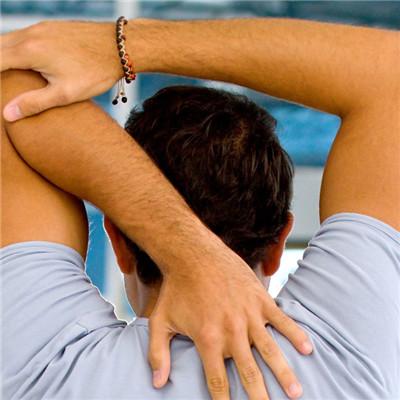What does tremor mean
summary
Tremor is usually caused by physiological and primary conditions. There are many reasons for tremor. Let's see what tremor means.
What does tremor mean
First: physical tremor. In some cases, most normal people have slight rapid tremors when their upper limbs are extended forward. The enhancement of physiological tremors can be seen in anxiety, tension, fatigue, metabolic disorders (e.g., alcohol withdrawal, thyrotoxicosis), Or the use of certain drugs (for example, caffeine and other phosphodiesterase inhibitors, β - adrenergic agonists, adrenocortical hormones).
Second: primary (benign hereditary) tremor. A small to large slow tremor, usually affecting the hand, head, and vocal cords. In 50% of cases, there is an autosomal dominant genetic factor. Tremor can be unilateral. Tremor is mild or does not occur at rest. Tremor can occur when the patient performs delicate movements. Under the influence of any of the above factors that can enhance physiological tremor, primary tremor will also increase. With the growth of age, the incidence of primary tremor is also rising, which may be misdiagnosed as senile tremor.
Finally: the tremor of cerebellar disease. Intentional tremor (as seen in multiple sclerosis and other cerebellar efferent disorders) occurs when the moving limb approaches the target. Supportive tremor (positional tremor) is a large rotational tremor in the proximal limb, which is most significant when the patient attempts to maintain a fixed posture or load.
matters needing attention
There are many factors that cause tremor. When solving the problem, we must make clear the condition of the disease, so as to get good results. Patients should pay attention to eat less high-temperature fried food, reduce the intake of high sugar and high-fat food, and eat more vegetables, fruits and grains.











